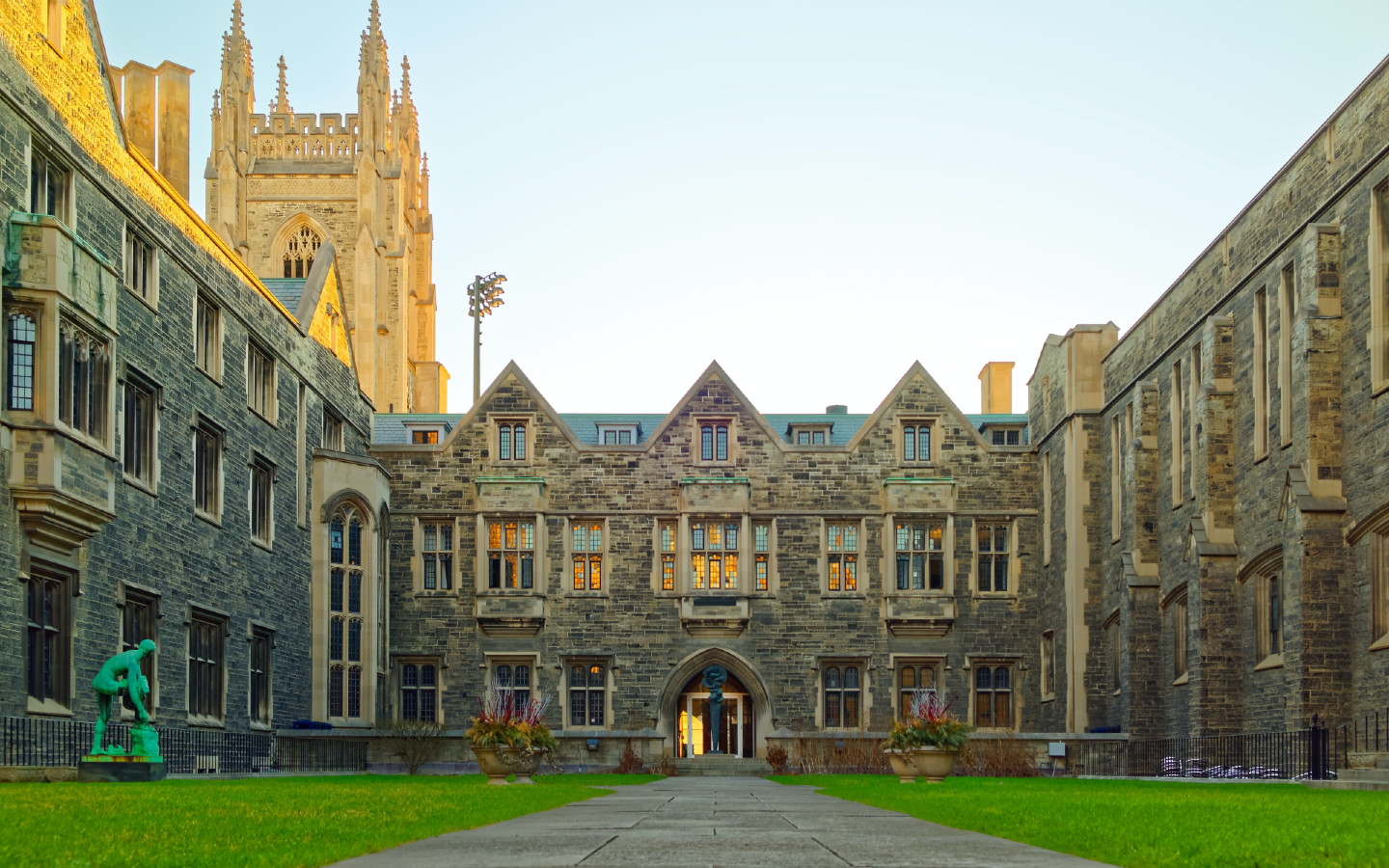Education as an Investment
You’ve heard the saying before, “No better investment than education.” Often implying that going to school will open opportunities for you to earn more than the cost of the education you seek. However, this is true depending on what you study and the cost of the education. For example, would you consider a $200K degree a great investment, if you are unable to land a job? Some would argue that it still is because of the network or prestige that a degree gives you, but if you look at it through the lens of an investment, I would argue that if you spent $200K and it took you 20 years to repay your student loans, then you may have been better off putting $200K in an index fund that would have more than doubled in 20 years.
As a kid, I disliked going to school, but I loved to learn. I didn’t like falling in line or taking exams, but I enjoyed learning whether it was in class or at home during my free time. With that said, I’m a proponent of education, but not necessarily of going to school as several schools are for profit institutions and several careers can be pursued at a fraction of the cost of going to a private school. For example, many investment bankers were recruited from top business schools, but there are several in the field that came from “non-target schools” meaning schools that recruiters do not visit including state or community colleges. In this case, if you went spent little to nothing going to a state school but ended up as an investment banker in a global bank, you will likely be earning almost or equal to someone that spent $200K to go to a top school. Therefore, when pursuing education, there are several factors to consider and viewing it strictly as an investment should be one especially if money is tight.
The Cost of Education
Someone may read and think I’m against going to an Ivy League school when in fact, if I could afford it and am sure of a career path, then I’d do my best to enroll. The average cost of an Ivy League education is roughly $56,746 per year excluding fees. Including other expenses beyond tuition like rent and school supplies, the average cost of attendance is $78,417. Meaning if you have saved $56,746 every year for 4 years, then you could have bought a 2021 Lamborghini Huracan in cash, but if you are financially savvy, you know that cars are not an investment and you’re better off spending it on education.
According to U.S. News, the average cost of tuition and fees at a ranked in-state public college is about 72% less than the average sticker price at a private college roughly at $9,687 in 2020 compared to $35,087, respectively. The difference in cost is substantial, therefore if you had to choose between the two, consider your financing options and the options it will give you after graduation. If you wanted to be an artist, do you have to go to a world renown school to become a world renown artist or could you simply achieve the same goal studying art at a state school or even not go to school at all? This is the type of questions you should ask yourself which assumes you know what you want to do. Of course there is more to education than the return, but simply looking at it as an investment is a conservative way to help you choose.



